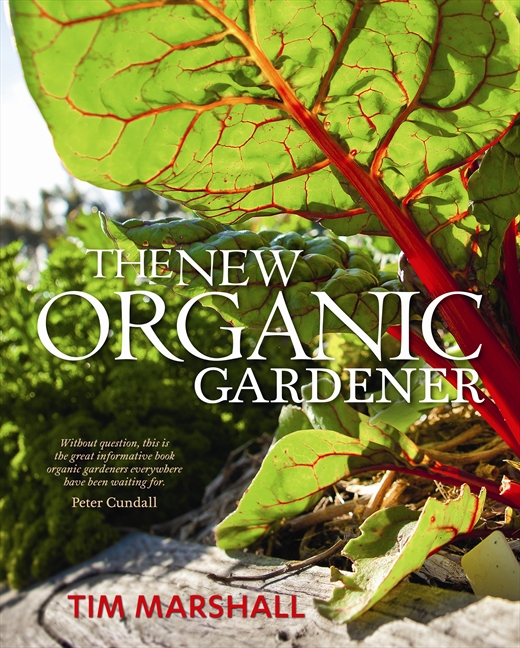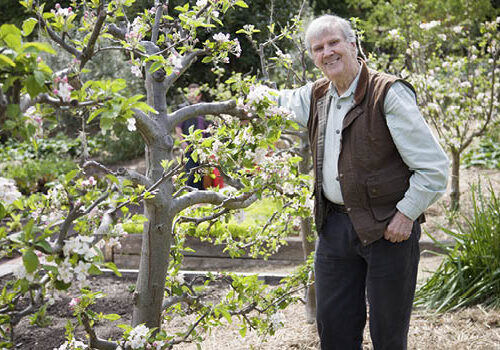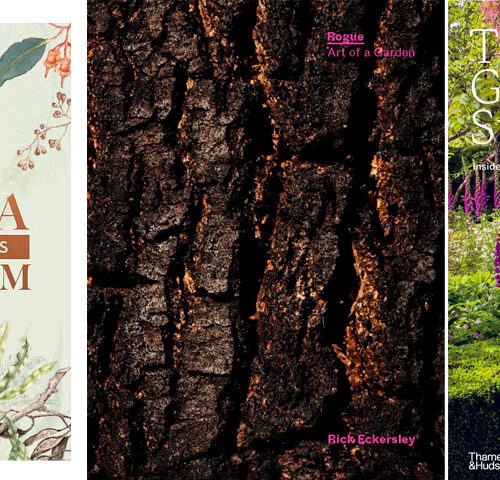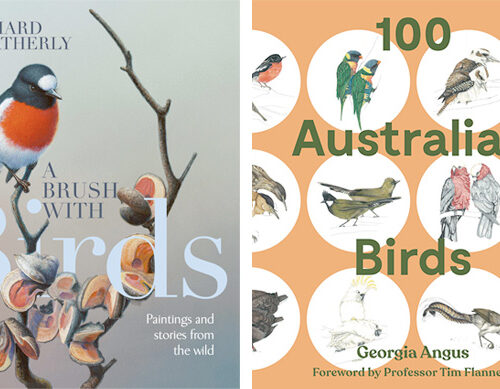Book Review: The New Organic Gardener
2011-12-08T04:36:39+11:00
JUSTIN RUSSELL reviews the new book by organic industry stalwart, Tim Marshall.
Tim Marshall’s weighty tome, The New Organic Gardener, has been touted as the best general book on organic gardening yet published in Australia. Peter Cundall has given the book a glowing endorsement and the back cover boldly describes the New Organic Gardener as the “essential reference for Australian gardeners”. This is a big call, so the sole objective I had when sat down to read the book was to determine if it lives up to the hype.
You’ll be pleased to hear that my answer is a resounding “yes”. The New Organic Gardener is a first-class achievement by the most authoritative writer on organics in Australia. Tim Marshall has spent decades practising his craft, both in a professional capacity as an organic consultant, but also as an enthusiastic amateur growing plants in his self-sufficient home garden. This rare combination of experience and passion shines through in every chapter of the book.
Marshall makes it clear from the outset that organic gardening is about much more than an endless treadmill of spraying to control pests and diseases. His focus in the book is on building healthy soil, and in my view, this is exactly where it should be. It was the focus of the organic pioneers in the 1940’s, including Marshall’s gardening hero Lady Eve Balfour, and it remains the focus of savvy gardeners today. To complement the detail on soil building, the book covers a broad range of topics including composting, worm farms, weed control and helpfully, tools and equipment.
This is not to say that the New Organic Gardener is perfect. Some of the photos used to illustrate certain techniques would have benefited from captions, and some topics, such as the integration of animals into an organic system are conspicuously absent, or in the case of the food growing chapters at the back of the book, lacking in detail. But these are minor quibbles. Advanced gardeners seeking in depth coverage of individual topics are well served by other titles. What the New Organic Gardener manages to do is shift organics from a fringe activity that was once ridiculed for being about “muck and magic”, to being the new standard for domestic gardening in Australia. This is a considerable achievement, one for which Tim Marshall deserves high praise.






